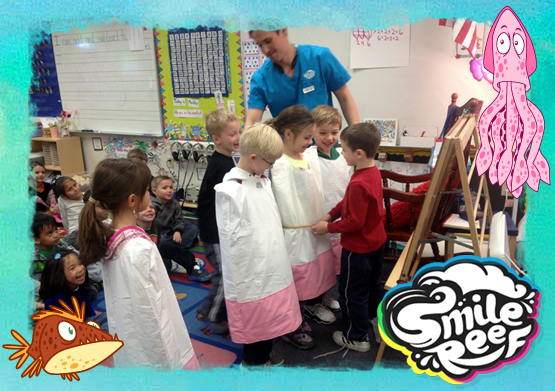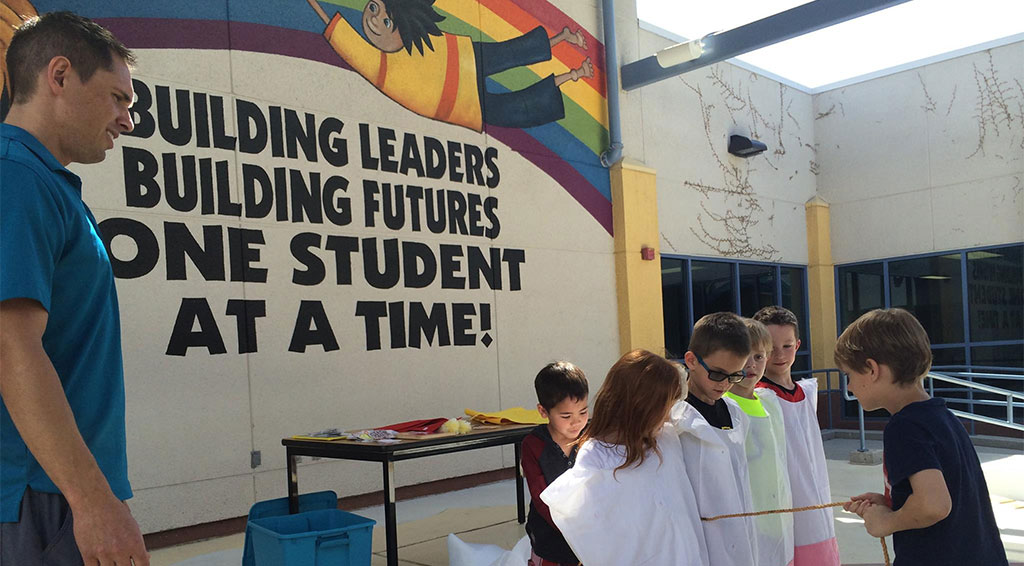Frequently Asked Questions on Children’s Dental Health
Parents have a huge responsibility in ensuring the overall well being of their kids, including the dental health of their young ones. Below are answers on some questions most parents ask regarding children’s dental needs.

The American Academy of Pediatric Dentistry recommends that children visit a pediatric dentist when their first tooth comes out or no later than their first year.
You can begin strengthening and cleaning a baby’s gums as soon as they are born. Use a clean cloth with warm water to gently massage the infant’s gums. When you notice the first signs of a tooth breaking through the child’s gums, you can start cleaning your baby’s teeth and gums. Although his first set of teeth is temporary, it helps to take good care of them from the start to avoid cavities and ensure the gums’ health. Baby teeth are also important because they help children learn to chew naturally and speak clearly. As mentioned earlier, begin by using a soft moist cloth to clean teeth and gums and eventually use a small toothbrush with soft bristles. Ask your pediatric dentist which toothpaste you should use.
Another important aspect of taking care of your baby’s teeth is to be conscience of baby bottle tooth decay. Letting children sleep through the night with a baby bottle can cause serious damage to the development of their baby teeth. Early cavities in infants’ teeth are often the result of baby bottle tooth decay. Cavities in baby teeth may be the beginning of poor dental health through a child’s adolescence. If you suspect tooth decay from a baby bottle, consult with a pedodontist on early solutions.
As a parent you should take care of your child’s dental hygiene from infancy until he learns the proper way to take care of it on his own. Toddlers can learn to brush their teeth by themselves but need adult supervision to ensure proper cleaning and avoid swallowing toothpaste which can be harmful. Generally by the time they are 7 or 8 they can do it on their own but may need help in flossing. Keep in mind that all kids are different. Some children may need parental supervision with their dental hygiene a lot later in life than others. Use good judgment and don’t be afraid to follow up with your kids on how their brushing is going. Here is a list of some of the things you should do:
- Help or teach children to brush their teeth at least two times a day and to floss daily.
- Teach children proper brushing techniques.
- Teach your children to eat a well-balanced diet and drink plenty of water.
- Replace your child’s toothbrush every 3-4 months.
- Schedule regular dental checkups every 6 months.
Certain foods can make or break your child’s dental health. Too much of sugary and starchy foods can contribute to tooth decay. Although these sugary foods alone do not cause the tooth decay, but the plaque and acid that results from these foods lingering in the mouth. On the other hand, calcium-rich foods like milk and dairy products and fruits and vegetables high in vitamins A and C can promote healthy teeth and gums. One serving of breads and cereals, milk and dairy products, fruits and vegetables, and meat and fish daily can help give your child good overall health as well as dental protection.
Some areas have water supply that is fluoridated. If you live in such areas and your child drinks tap water it should be enough. Although some places or homes have filtration systems that could remove fluoride so you should check. Pediatric dentists can determine the amount of fluoride in your drinking water. If fluoride is lacking, your pediatric dentist can recommend fluoride supplements for your child to take.
A pediatric dentist can better take care of your child’s dental health needs. Pediatric dentists take additional training to learn to take care of young patients. They specialize in the growth and development of young teeth as well as learn about child psychology enabling them to handle children effectively. Pediatric dentists also specialize in child sedation.
A good pediatric dentist not only knows how to take good care of a child’s teeth but knows how to take care of the child as well. Having an understanding and reassuring attitude and providing a comfortable and inviting atmosphere, along with the expertise in children’s dental health should be the factors you should look for in a children’s dentist. Our pediatric specialists, your recommended Las Vegas pediatric dentists, understand childrens’ anxiety behavior. He has created a cool and kid-friendly office and ensures each child he visits with will feel safe and enjoy the experience as much as possible.
Taking care of your child’s teeth and gums as early as possible will greatly benefit them as they grow and will serve not only as preparation for their permanent teeth but as training and foundation on their own efforts to ensure their dental health.

